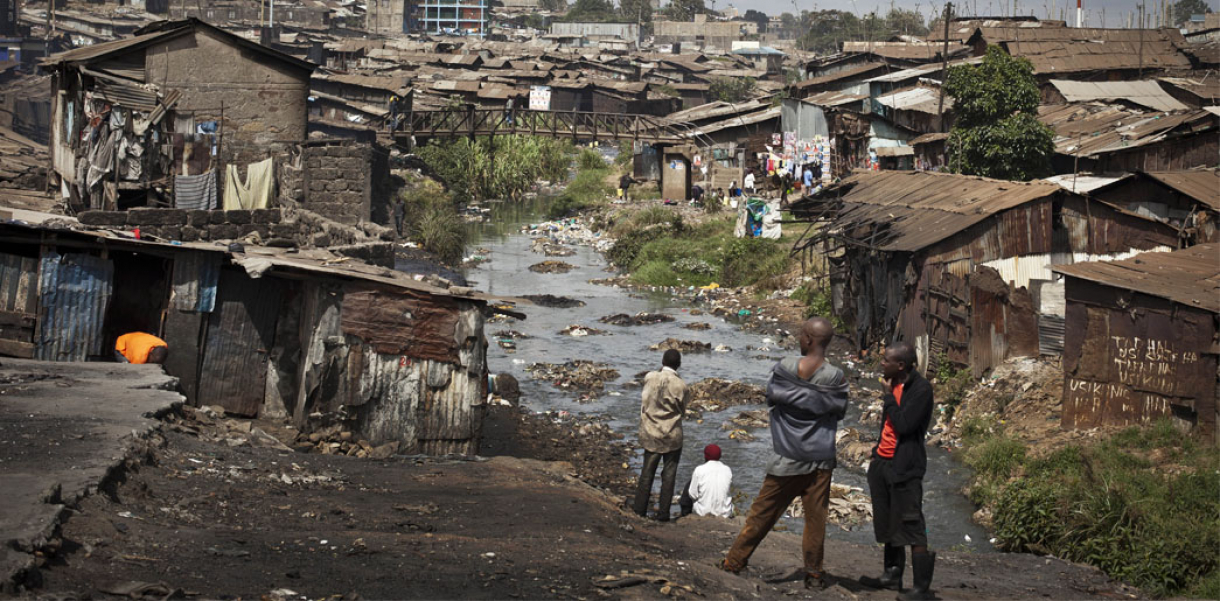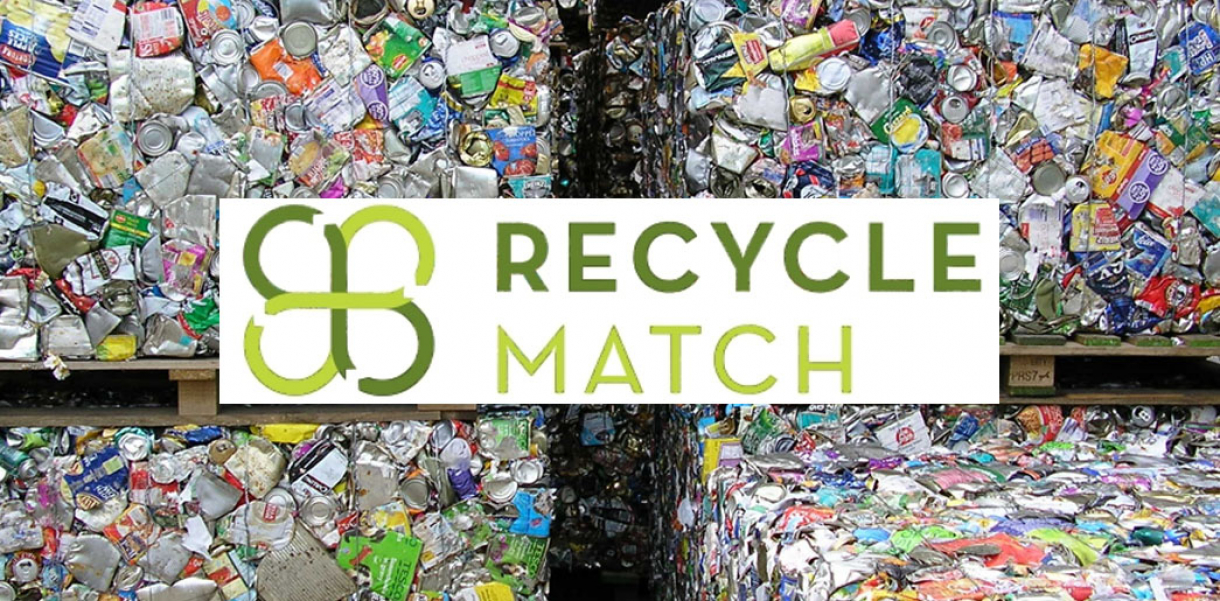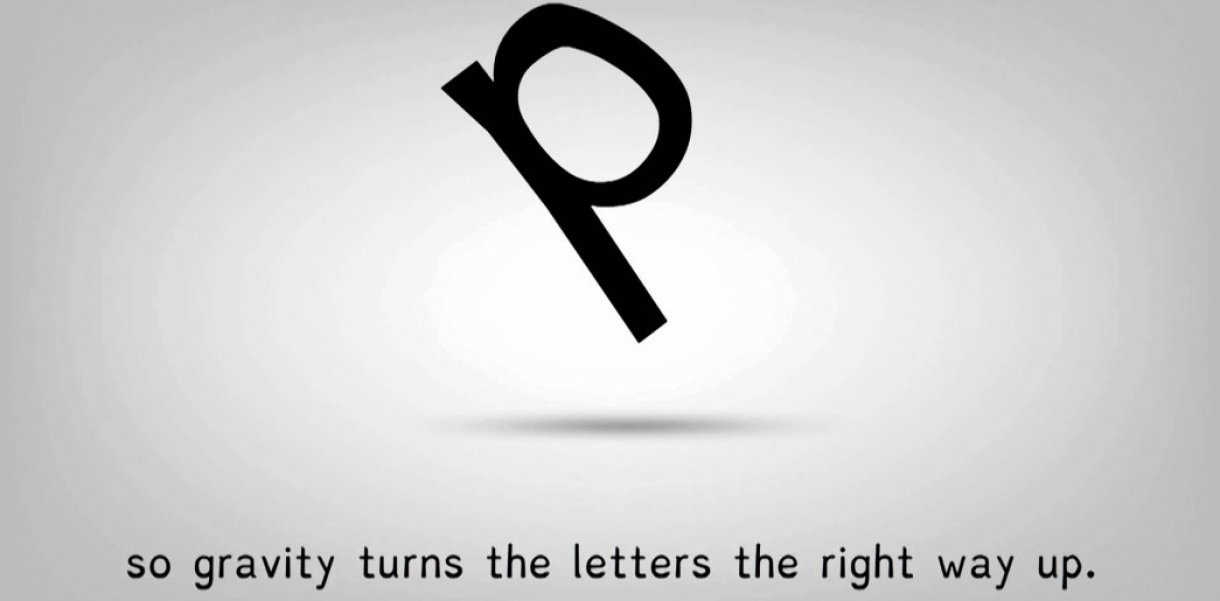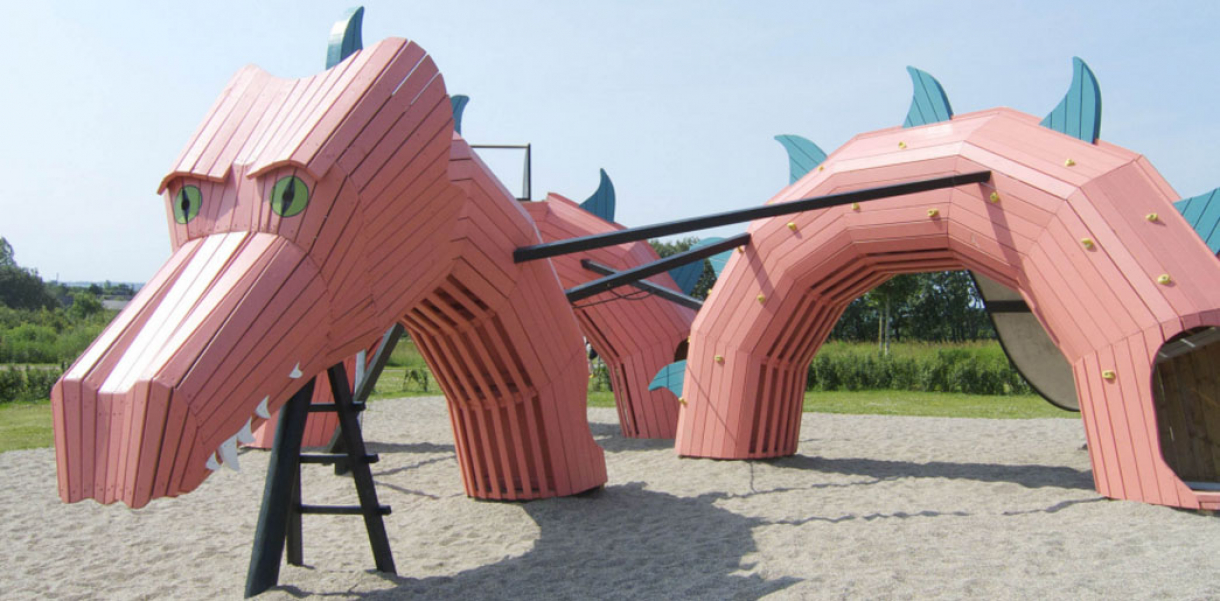Worldwide, 2.6 billion people do not have access to adequate sanitation and the resulting diseases and water pollution cause 1.7 million deaths and a loss of $84 billion in worker productivity each year. In Kenya’s slums, a staggering 8 million people lack access to adequate sanitation, therefore, Sanergy has developed a sustainable sanitation cycle to terminate this massive problem in Nairobi.
Most of us consider using the toilet out basic human right and when we are not able to find one, we often panic. Our relationships with toilets are a bit funny. We love them, but we don’t want anyone to know. Most girls pretend they never use them for anything else other than to powder their noses. Usually, when we are in the presence of others and we have to use the toilet to do number two we tend to either: hold it in, leave our group or sneak to the toilet without anyone noticing and we get extremely embarrassed about it, if someone finds out what we did. Some people refuse to use public restrooms because they find them “unsanitary”.
However, imagine if a toilet was not your basic human right. Imagine if you didn’t have your private bathroom to do your business out of sight of others. 2.6 billion people don’t.
2.6 billion people is the equivalent of 40% of the world’s population. 40%! - And they do not have access to adequate sanitation. Some guys from MIT decided to do something about this problem and founded Sanergy to help the people in the slums of Nairobi.
Sanergy – based on an abbreviation of sanitation and energy – is a model dedicated to creating a viable sanitation infrastructure through waste management in the slums of Nairobi. The people behind Sanergy – most of them former MIT students – are working towards building dense networks of sanitation units in the slums around Kenya.
The model involves four parts:
- building a network of low-cost sanitation centres in slums.
- distributing them through franchising to local entrepreneurs.
- collecting the waste produced.
- processing it into electricity and fertilizer.
At each step, this model creates jobs and opportunity while simultaneously addressing serious social needs.
The first part of the model is to build and franchise a dense network of low-cost sanitation centres, eventually expanding to every block of the slum. Each centre will provide basic high-value services: hot showers and clean toilets. Having a small footprint and low cost to construct, each centre is designed to service a customer base of 77 people.
These centres will be franchised to local entrepreneurs with direct financing from a local microfinance bank, and the day-to-day operation of the facility. The franchisees earn income through pay-per-use fees, membership plans, and sales of complementary products to toilet users. The income generation potential is a natural incentive for the franchisees to maintain the facilities and provide good customer service.
Rather than septic tanks, pit latrines, or sewer systems, the Ecosan system used in the sanitation centres deposits the waste in air-tight containers. These containers of urine and faeces are collected on a daily basis by a waste collector using handcarts. Each day, Sanergy employees collect the full containers of waste from the operators and provide them with clean empty containers. The containers full of waste are brought to Sanergy’s central processing facility.
The processing facility will efficiently convert human waste into biogas through the industrial-scale anaerobic digestion process. By centralizing the processing of waste, the yield of the conversion process can be significantly increased through economies of scale when compared to small household and village level biodigesters. The biogas will be combusted in CHP engines to generate electricity that will be sold directly to the KPLC and the national grid through long term power purchase agreements.
Finally, the output from the biogas generation will be processed into high-quality organic fertilizer, which will be sold to commercial farms and small hold farmers.
The long term objective of Sanergy is to build and scale a viable sanitation infrastructure in the slums of Nairobi, which is truly good news for areas’ inhabitants.






